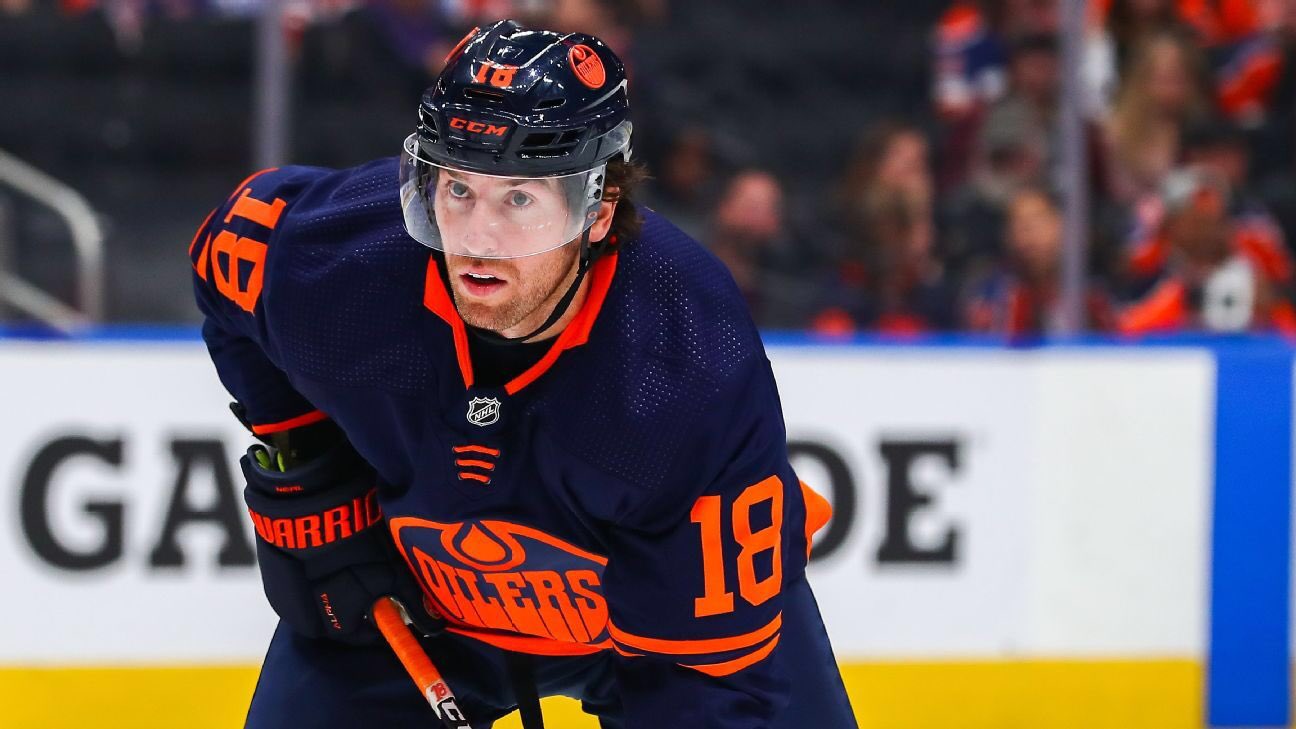If, as an old adage suggests, the National Hockey League is the hardest professional league to make but the easiest to stay in, the staying part might come courtesy of lessons learned back when the players played for fun, according to a University of Alberta study looking at the acquisition of psychological skills and characteristics of players with long careers.
Kurtis Pankow, a PhD candidate in the Faculty of Kinesiology, Sport, and Recreation’s renowned sports psychology group, led a team looking for ways to help youth develop their mental health skills. To do this, he sat down with a starting lineup of current and former NHL players—with an average of nine years in the NHL—to get their insights into mental skills needed to stick in the league, and when they acquired them.
“The big surprise for me in this study was just how important those guys thought it was to essentially be a good person.”
What they found was that the fundamental life skills the players identified as the most important for their career—learning how to be a good teammate, work ethic, leadership, commitment and discipline—were learned in minor hockey.
“All of these guys said unless you're a generational talent, those lessons learned in minor hockey are what get you your next contract, because there's always good hockey players coming through,” said Pankow.
“The big surprise for me in this study was just how important those guys thought it was to essentially be a good person.”
He pointed to players like the Toronto Maple Leafs’ aging stars Joe Thornton and Jason Spezza, who can still find contracts even as their utility on the ice diminishes.
“If they didn't have a reputation for being good leaders and mentors, the Leafs probably aren't going to sign them,” Pankow said.
“You've got to bring something more to the table.”
Lessons for hockey parents
As well, the interviews revealed that the stereotype of the overbearing hockey parent was not present in any of the stories.
“Their parents were just generally supportive. They didn’t try to give them any coaching, they just asked if they had fun, if they worked hard or if they were a good teammate,” said Pankow.
In fact, a common theme across the interviews was fond memories playing as a kid, with at least one player saying his happiest hockey moments were not getting drafted or playing in his first NHL game, but rather at tournaments as a kid fooling around in the hotel swimming pool or playing mini stick in the hallway.
“That's a guy who played pro,” said Pankow. “All of them said those moments that taught lessons around the team were important in making it as a pro.”
It was when the players made the jump to junior hockey that the conversations shifted from life skills into the more performance-oriented mental skills and characteristics.
“Junior hockey is the first place any of them faced any real adversity,” Pankow said, adding a few noted being left off of the world junior team was the first time they had been cut.
“But they used that to light a fire, to motivate them so that it wouldn't happen again. They found a way to take that negative situation and find the positive.”
However, it was in the NHL where the players said they solidified their mental skills to include visualization, self-talk, reflection and stopping negative thoughts.
Pankow said one player’s mechanism for being at his best is what motivational experts' dreams are made of. The player said on nights when he knew he didn’t “have it,” for one reason or another, he would envision himself opening a closet door and pulling out a superhero costume that was a better version of himself.
“How do you have that nine-year or more pro career? Guys figure things like this out.”
Pankow admits there is some confirmation bias at play in these stories, and there are probably players who never made it but had good mental skills and were long on character.
“I’m not saying picturing yourself as a superhero is going to help you or help your kids get to the NHL,” he said. “But you need to have clear ideas of what you’re trying to accomplish. They all kind of knew, if they had a bad shift or a bad game, how to move on.”
